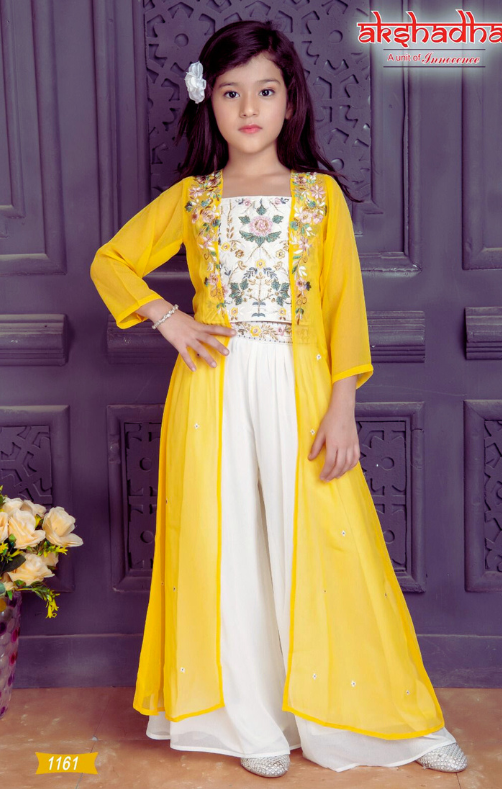In the bustling city of Jaipur, where vibrant colors and rich traditions merge seamlessly, lived a young woman named Anjali. Like many modern Indian women, Anjali faced the challenge of balancing her cultural heritage with the demands of contemporary fashion. Her story of finding the perfect sharara suit is not just about clothing but about embracing identity and confidence.
Anjali grew up in a family where traditional values were cherished, and every celebration was an opportunity to connect with her roots. However, as she entered adulthood, she often found herself at crossroads with fashion choices. The dilemma was not just about dressing up for an event; it was about feeling confident and connected to her heritage.
The major problem Anjali faced was the struggle to find an outfit that elegantly combined tradition with modernity. For her, it wasn't merely an aesthetic issue but an emotional one. She yearned for an attire that would resonate with her cultural pride and yet be stylish enough for the young urban scene. Every wedding invitation or festive gathering brought about a sense of anxiety rather than excitement.
Then came the wedding season, a time Anjali dreaded due to her wardrobe conundrums. Her cousin's wedding was approaching, and the pressure to find the perfect outfit was mounting. It was during this time that a friend suggested a sharara suit, a traditional yet trendy option that could be the answer to her prayers.
A sharara suit is a timeless piece, rooted deeply in Indian tradition, yet its versatile style makes it relevant in the modern fashion landscape. Known for its flared pants and elegant kurta, the sharara suit offers a blend of comfort and style, making it an ideal choice for festive occasions.
Anjali decided to give the sharara suit a try and was immediately captivated by its grace and elegance. She chose a vibrant maroon suit adorned with intricate golden embroidery that resonated with her love for traditional artistry. As she looked in the mirror, she saw not just a reflection of a beautiful garment, but a reflection of herself—confident, proud, and connected to her roots.
The wedding day arrived, and Anjali wore her sharara suit with poise. The compliments poured in, not just from her family but also from her friends who admired her seamless blend of culture and style. For the first time, she felt no anxiety, only joy and pride in her appearance. Anjali's story illustrates how fashion can be a powerful tool for self-expression and cultural connection.
In India, where traditions are as diverse as the people, the sharara suit has found its place as a beloved garment that caters to the modern woman’s need for elegance and comfort. It solves the practical problem of finding an outfit that is both traditional and stylish, while also addressing the emotional need for cultural connection and confidence.
Take the case of Neha, another young woman from Delhi, who faced similar challenges. For her, the sharara suit became a savior during her sister's wedding. Not only did it provide comfort during the long ceremonies, but it also made her feel like a part of the rich cultural tapestry that her family cherished.
In conclusion, the sharara suit is more than just a piece of clothing. It is a bridge between the past and the present, offering women like Anjali the chance to celebrate their heritage with pride while stepping confidently into the future. If you find yourself on the quest for the perfect outfit that aligns with both your cultural values and modern sensibilities, the sharara suit might just be your answer. Embrace it, wear it, and let it be a testament to your unique journey of self-discovery and cultural pride.
Visit Vyaparify Site:
https://id.vyaparify.com/city-heartLocation:
https://maps.app.goo.gl/edWvj9kJmA5ypiMU7 
